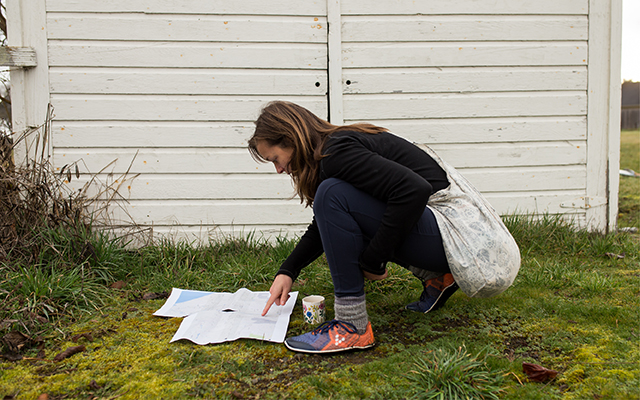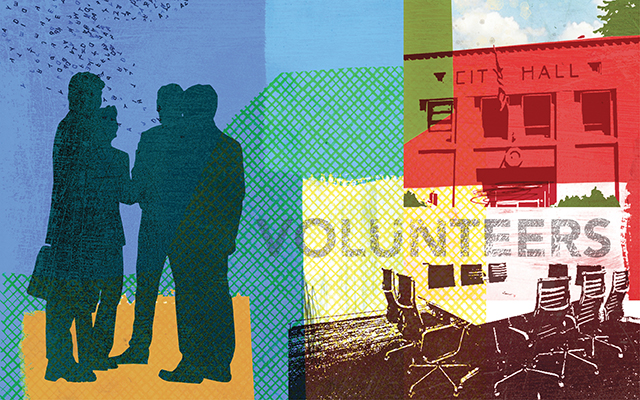Nina Vasan, MD, is the founder of Brainstorm, the Stanford Lab for Mental Health Innovation, and chief medical officer of Real, the pioneering startup that aims to replace traditional mental-health care with an affordable monthly digital subscription. What sparked her remarkable career? Raising money for cancer research as a Girl Scout in West Virginia, of course.
“Where I grew up, one of the biggest events of the year was an American Cancer Society 24-hour walk,” Vasan recalls. She first participated in the fundraiser when she was 6 and began raising money for cancer research as a Girl Scout a few years later.
“Seeing the importance of community made the biggest impression on me,” says the coauthor of Do Good Well. “When times are tough, it’s community that helps us survive.”
Years later, in med school, Vasan found herself grappling with depression — and wondering why her advisers were telling her to ignore it to help her career. That’s when she discovered her purpose: creating communities to support people when the chips are down.
“Mental health is the bedrock of community,” she notes. “And, vice versa, community is the bedrock of mental health. So, my work is helping strengthen that for everyone I can.”
Here, she shares a few of the strategies that work for her.
1) Schedule Yourself into Community
“Put time with community on your to-do list, just like you need time to get groceries,” says Vasan. “It’s not something to take for granted. After work, I’ll join a roundtable at Real in my pajamas — it makes me feel better to know I’m going through it all with other people.”
2) Reject Stigma
“Mental health wasn’t on my radar until I was in the middle of med school,” she recalls. “I was depressed and really struggling, but my advisers discouraged going to therapy because of the time commitment. That’s when I realized stigma is as much a problem as anything! If you can’t say, ‘I’m struggling, I need help,’ how can you get help? We have to change the dialogue around mental health in this country if we want people to thrive.”
3) Start With Gratitude
“I do gratitude exercises first thing in the morning,” says Vasan. “I have a journal with prompts — such as three things or people I’m grateful for — and it makes me think about the good in my life. I’ll often text someone to share that they’re my gratitude entry for the day and why. It only takes a few seconds, but it ends up being so powerful. I might later hear back from the person, and it makes the whole day better.”
4) Sleep
“Sleep is one of the most important factors for feeling good — and it’s something everyone can tackle,” she says. “I recommend not using screens for 30 minutes before bed and doing something else, such as mindfulness journaling or reading a book. Use weighted blankets, earplugs, or a face mask. Keep your room cool. Maybe you need melatonin. If you can focus on rest and actually get it, that’s a game-changer.”
5) Connect Mental Health and Exercise
“Exercise is key to mental health, but I don’t know if people are as keyed in to how important mental health is to getting exercise. Depression can be a barrier. That’s why I say what’s most important is finding something that works for you. Maybe you’re a marathon runner or love classes with music — whatever it is, finding things you like is key.”





This Post Has 0 Comments